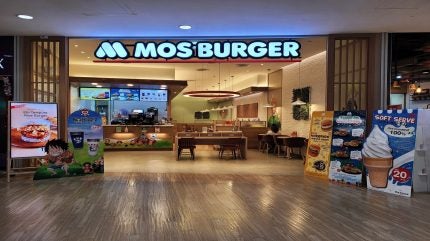
Japanese fast-food chain MOS Burger has announced that it will cease operations at its three Australian stores by the end of August.
The affected outlets are located in the state of Queensland, specifically in Sunnybank, Southport, and Upper Mount Gravatt.
The first of these, Sunnybank, was inaugurated in April 2011. The exact number of employees impacted by this decision has not been disclosed.
The company in its social media post said: “After much consideration, we have made the difficult decision to close all MOS Burger locations in Australia. Our last day of trading will be August 31st, 2024.
“We are incredibly grateful for the support and love you’ve shown us over the years. Serving you and being part of your lives has been an honour, and we will always cherish the memories made together.
“Thank you for making MOS Burger a special place in Australia. We hope to continue spreading happiness and great food wherever the MOS Burger journey takes us next.
“Stay tuned for updates, and please visit us one last time before we say goodbye,” the post concluded.
Since its inception in Japan in 1972, MOS Burger has expanded significantly, establishing itself as a major competitor in the fast-food industry alongside McDonald’s and bento chain Hotto Motto, with over 1,300 restaurants in Japan.
The brand also boasts a strong presence in Asia, with approximately 400 locations across Singapore, Taiwan, Hong Kong, Thailand, South Korea, and the Philippines.
The acronym MOS represents the company’s commitment to the values of “Mountain, Ocean, and Sun.”
While the company has not specified the reasons behind the closure of its Australian operations, the foodservice industry has been struggling with rising operational costs and customers who are grappling with increased cost-of-living expenses.
Recently, McDonald’s has reported its first global sales decline since the onset of the Covid-19 pandemic in 2020, which imposed widespread restrictions including lockdowns.
McDonald’s CEO Chris Kempczinski commented on the situation, stating, “lower-income families are in many cases ‘dropping out of the market, eating at home and finding other ways to economise.”



